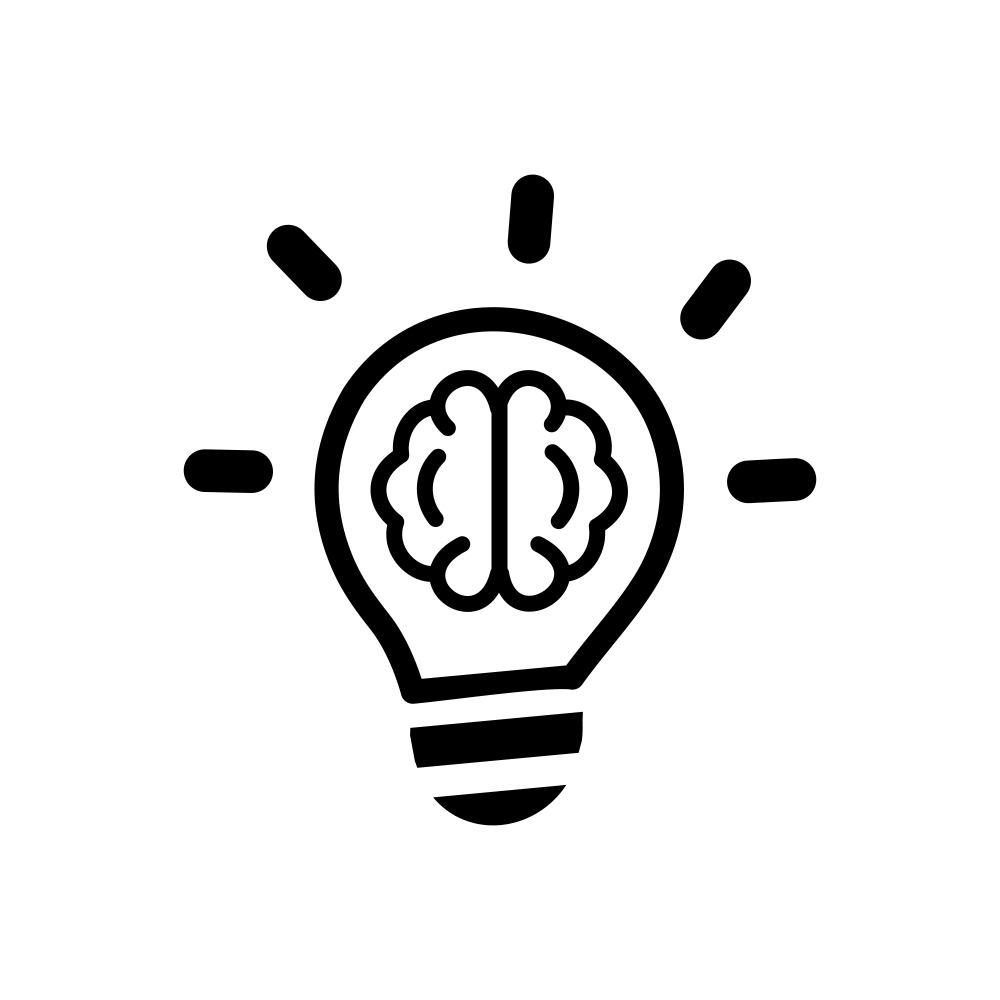I have tried a couple of different “daily planner” type strategies (Bullet Journal, etc…), but none of them seem to stick. I’m looking for ideas on how others are able to organize their daily/weekly/whatever to see if any of them would make sense for me (or maybe even trigger inspiration to take parts from ideas and make my own). I’m pretty sure whatever I go with would have to be digital (carrying a physical notebook with me was part of the reason Bullet Journal didn’t work), but I’m not opposed to trying an analog technic again. Also, depending on the strategy I could probably “convert” it to digital and use Obsidian or another tool (I’m an iOS user).
Proton Calendar reminders, combined with years of building daily habits.
I’m very environment sensitive/dependent. I’ve been temporarily staying with family, until I move next month. The lack of being in a controlled and curated home environment has honestly thrown a lot of my organization out the window.
I hear you on the lack of controlled/curated environment. I know that with a scheduled routine I’m least forgetful, but my brain starts screaming about the “monotony” of the routine.
Calendar with several reminders (3 days before, 2 days before, several hours before etc.) for long term events, alarms for everything up to a week away.
Visual and spatial cues where I need them for routine building. I have dedicated spots (imagine a shelf) for important stuff, let’s say medication. It only works if the routine is built around it, otherwise the spot becomes “invisible” after time and completely phases out of existence for me. Again, routine building is key.
To support that, or to be reminded of temporary chores around the house etc., I sometimes program restaurant pagers that buzz and blink, they’re integrated into my home automation setup. Here, the key is to predict times when I’ll have free time to execute the task and be in the right mental state to do it - again, took years to figure those times out. Change something in my environment or time schedule, and I’m fucked.
Well organized notes, I use Joplin. The key here is a multi step process, e. g. to go back to the thought dumps and organize them later, when there is time.
Overall, I want to add that improvement is definitely possible - I have kids and run a business, but if all those weird methods and quirks sound esoteric and exhausting to regular folks, rest assured they are.
My reminder pattern on the calendar app is:
2 Weeks before
1 Week before
3 Days before
24 hours before
Last opportunity to act before it’s too late plus some amount of time (maybe 5 minutes)The restaurant pagers is sheer genius. I can already envision the “why is that thing blinking? Oh yeah I need to do X” trigger. Unfortunately I doubt it would work for me because of the time predictability requirement (probably a big reason I struggle with planners in general I imagine), but still… my mind is blown on that one
It does work, but you are right, if there is a slight chance for confusion as to why they are where they are, there is that sweet moment where I turn off the buzzer and the memory of it all is already drifting away. I can name the alarms, and I sometimes put labels on them, but I also mostly use them for important stuff with clear locations, think boiler room in the Shining.
I figured out it helps to mix things up. Put them where they should go, but never in the same place exactly, otherwise it becomes somehow part of the pattern and is filtered out by whatever mechanism decides on what I get to perceive of reality today. That is true for all kinds of reminders btw., I add variety to try to stop my brain from getting used to it. Also, I never hesitate to do what I’m supposed to do. I did that in the past, and as I said, sometimes I feel everything slipping through my fingers in mere seconds, like sand, and it’s gone. “Why am in this room? What was that thing I know to be really important that I’m supposed to be doing now?”
I am confident that with patience, you’ll find out what works for you.
I’ve found that an A6 size notebook was easier to always have with me because it fit in my pocket the way a smartphone does. But I’ve been using an A5 since I stopped going to an office and, well, I had some A5 notebooks lying around.
I’ve also found that the best thing I learned to do with the notebook was to have very few things (the most important things) written down in the front and “other” things written in the back. Focusing on the things in the front until complete (or has become less important relative to some other thing) and marking them off is tremendously helpful. Folding the corner or bookmarking the most recently written on pages allows for easy navigation.
It’s a bit like a stack and a heap. When a new “other” thing has my attention, I write it to the heap in the back of the notebook. The most important things (3 at most) are written to the stack in the front of the notebook and popped off (struck through) when finished or moved to the heap (writen in the back of the book because it’s no long a top priority). Eventually the back and the front meet (a stack overflow) because you’re not erasing anything and you need to use a new notebook.
I couldn’t tell you why this is so helpful other than to say that it frees my mind to write down whatever has my attention and is important enough to remember but not important enough to prioritize now.
Other than that, I use a calendar app and Google notes for things I want in digital, synchronized form.
Also, regular exercise seems to help me stay organized. But that’s probably not what you’re asking about.
Hmm, the stack/heap approach IS interesting. I might try giving that a try.
Re: exercise, it wasn’t what I was asking about but it’s still a good reminder. I try to take daily walks, but I could be better at other exercise in general (I paid for a sit/stand desk and always forget to adjust it to stand mode so I end up sitting all day)
I’ve found that elevating my heart rate with exercise is a key component to it.
Routine, routine, routine. When my routines get messes up, all hell breaks loose.
I have a (or multiple) paper notes on my table to my left, where I write down stuff. I often separate them into columns or paper notes of “today”, “todo”, etc.
At work, I have a text file with sections and bullet points (one-liners) for Critical today, Maybe/Opportunity today, and todos/backlog. That serves as a personal list and for “to check” or “small things to do” notes in addition to our task ticket system (with planning, descriptions, and assigning, etc; for Software Development).
More broadly, I’m okay with noting stuff down, and not really using it that much. It varies quite a lot whether I am able to tackle them or not (procrastinate/evade). But that’s okay.
I also don’t get a feeling of accomplishment when check-marking or striking through done items, which some other people seem to get. So it’s more of a write stuff down for more structure and offloading from my mind, and to get a better overview.
Thanks. That’s actually a bit helpful. I think I’m similar to you on the “tick the box” feeling




